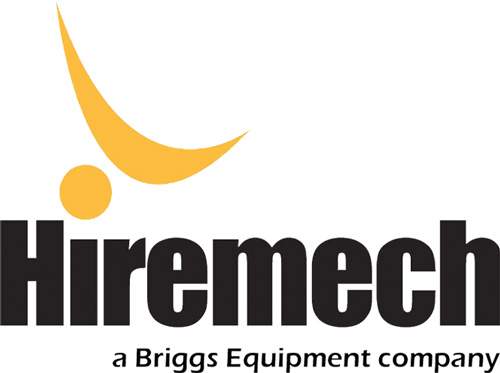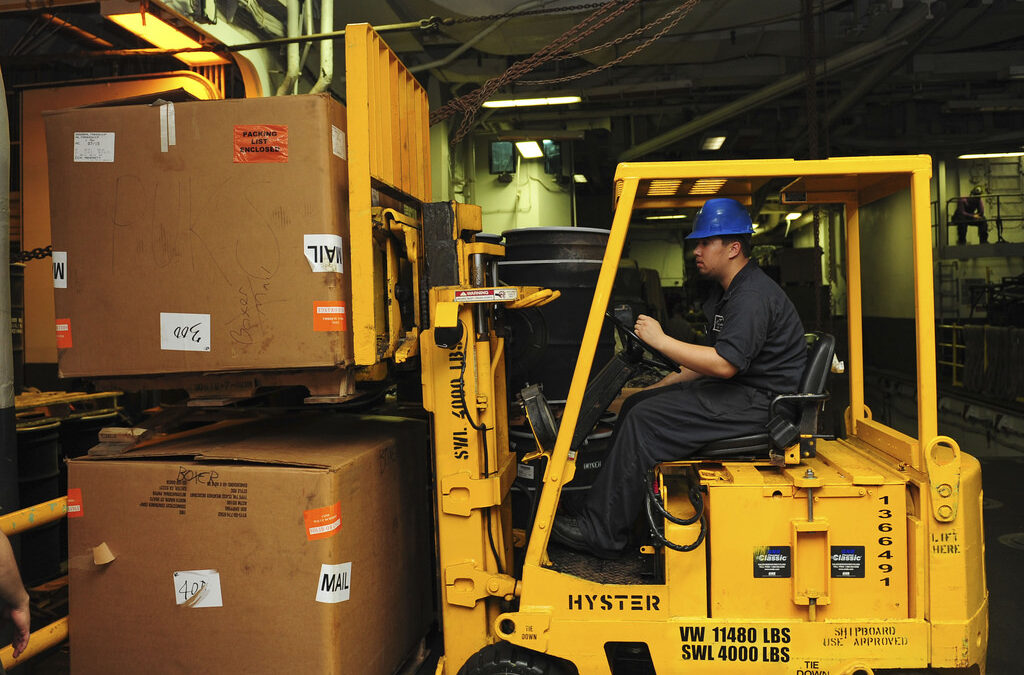For warehouses and logistics firms, Christmas is usually the busiest time. That means there’s a lot of pressure to get jobs done on time. In that rush, however, safety and proper forklift operation can often fall by the wayside. This can result in accidents, damage, and delays – so it’s obviously much better to avoid it if possible.
A well-prepared forklift fleet will complete its work efficiently and effectively. This means everyone from management, to workers, to customers, are all happy.
It might seem like quite a bit of time and financial investment is required. With a little forethought and diligence, however, preparing your forklift fleet for the busy Christmas period is actually very simple.
Proper servicing and maintenance
Always bear in mind that your forklifts are going to be under extended pressure over the Christmas period. That means longer working hours and more stress on all of the components. If you’re hiring extra drivers to satisfy the demand it’s not unrealistic for forklifts to be running for 24 hours at a time.
You should already know that a thorough examination of the vehicle, in addition to mechanical servicing, is a legal requirement. That means it’s beyond essential that your forklift is in a usable and safe condition.
That’s the baseline – what changes at Christmas? Well, it’s obviously the middle of the winter. So, it’s cold. If the weather is anything from a bit nippy to downright freezing, your service requirements on your forklift are going to change from the norm. Preparing your forklift for winter encompasses a variety of different changes to normal servicing that you need to consider.
Cold weather has a habit of causing fluids to gum up in the lines of your forklift. This is particularly common for diesel and engine oil. If you don’t address this, it can firstly lead to the forklift being sluggish and unreliable, but ultimately it could cause severe engine damage. The fix is both easy and affordable – invest in some specialised winter fuel. This has additives to prevent it from gelling up in cold weather. Some forklifts, both diesel and electric, can be plugged in to keep them warm. So, check if any forklifts in your fleet have this function if you don’t know already.
Then you have to consider how the hydraulics system of your forklift is going to react to the cold weather. The cold can dramatically increase the stress your forklift is under, depending on the attachments you have it using. This means that through checks of both the hydraulics and the attachments should be daily. Without fail.
Tyres are highly important in winter – when conditions are slippy surface grip is at a premium. The added hustle and bustle of the Christmas period means that tyres are prone to wearing out faster. It’s important that your maintenance schedule accommodates this.
Winter driver training
The mechanical condition of your forklift fleet is moot if your drivers don’t understand how to properly operate the forklift during winter. Invest some time and money in providing your operators with specific instructions on best practice for safe winter driving.
Something else you can do to keep things running smoothly is not encouraging your operators to rush. When they have excessive deadlines to meet, operators can feel pressured into cutting corners. This means they end up driving too fast and not paying close enough attention to what they’re doing. Ultimately this is self-defeating because it inevitably ends up in an accident or damaged goods, so the time saved is wasted anyway.
Make sure that drivers take their time, particularly if they’re working outdoors. Snow, ice, and rain can all cause serious grip problems, even when the yard otherwise looks fine. Black ice will send a driver careening out of control faster than you can blink. The biggest enemy of safety at Christmas time is rushing – excess speed almost always results in an accident.
Also, make sure that all drivers are familiar with the specific winter checks required before they operate the forklift. This means checking all the fluids, checking the tires and the steering, checking the forklift attachments – this needs to be done every time before a driver gets behind the wheel. It doesn’t matter if a previous driver has just got out of the forklift, the new driver should check it.
There are also things operators should do every time they finish using the forklift. First, clean it down to wash away any salt or grime that could lead to corrosion. Then check all fluids and top off as needed for the next driver. If there is a plug-in option, it should be used to prevent the battery and engine from cooling down too much. Thoroughly check for any visible damage, and make sure if something is discovered that it’s reported to management immediately.

 020 8880 3322
020 8880 3322